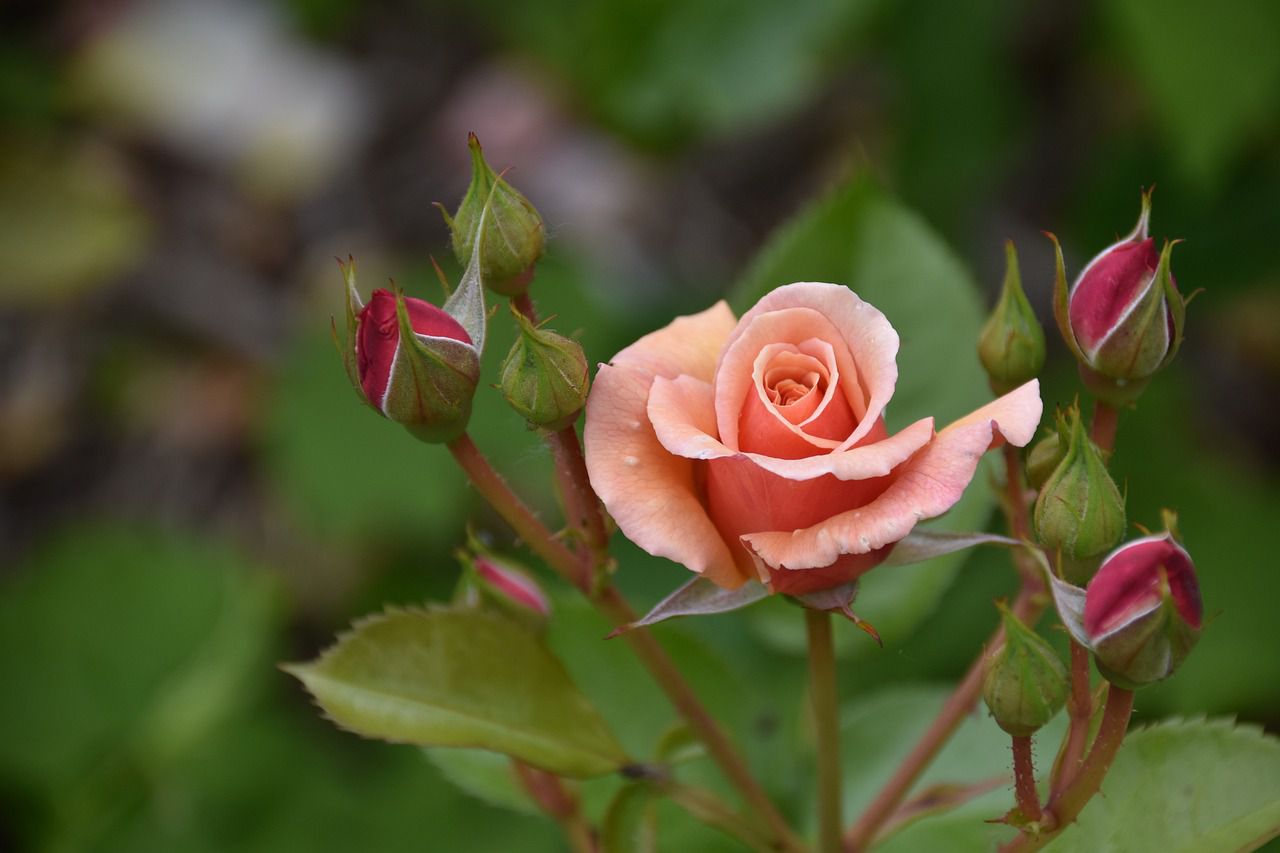Whether a big garden or a small garden is better for a beginner depends on several factors, including the available space, time commitment, gardening goals, and level of experience.
Here's a comparison to help you decide.
Let's start with the benefits of small gardens.

Less Intimidating
For beginners, a small garden is less overwhelming and easier to manage.
It allows you to start with a manageable space and gradually expand as you gain experience.
Time Commitment
Small gardens generally require less time and effort to maintain.
You'll spend less time weeding, watering, and tending to plants, which can be beneficial if you have a busy schedule.
Focused Care
With fewer plants, you can provide more individualized care to each one, paying attention to their specific needs and observing their growth closely.
Lower Costs
Starting a small garden requires fewer resources, such as soil, seeds, and tools.
This can be more budget-friendly for beginners.
Now, let's talk about big gardens.
Greater Variety
A larger garden allows you to grow a wider variety of plants, from vegetables and herbs to flowers and shrubs.
This can be more satisfying and fulfilling for those who are passionate about gardening.
More Yield
If you're interested in growing your own food, a bigger garden can provide a more substantial harvest.
This can lead to savings on groceries and a greater sense of accomplishment.
Community Engagement
If you have the space, a larger garden can become a gathering place for friends, family, and even your local community.
It can foster social interactions and shared gardening experiences.













